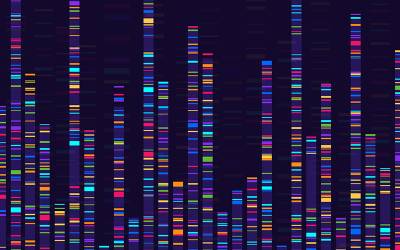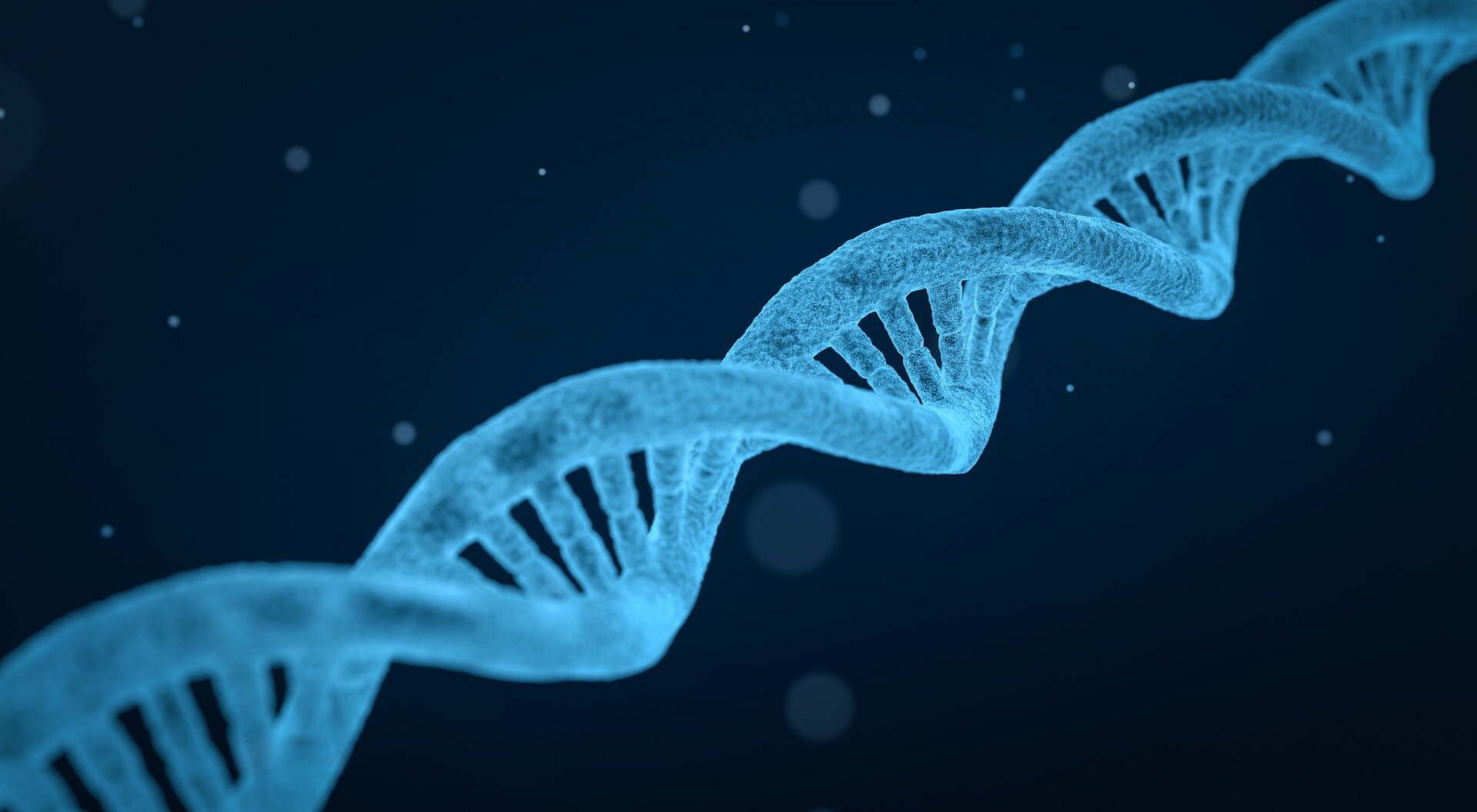The cold of winter is rough on anyone with chronic lower back pain.
Rubbing my back, which acts up in winter whether I’m sitting or standing, I contemplated human evolution.
Lower back pain, or lumbago, became the inevitable bane of humans the moment they opted for “erect bipedalism”—standing erect and walking on two legs.
Six million years have elapsed already since we branched off from chimpanzees. The human lower back developed a natural inward curve to help with balance and shock absorption, but that apparently hasn’t been enough to eliminate all pain.
Research on human evolution is advancing at a furious speed.
Scholarly papers are being published constantly in scientific journals, updating data. Svante Paabo, a Swedish geneticist, won the 2022 Nobel Prize in Physiology and Medicine for his analysis of the Neanderthal genome.
In the evolutionary process, my main interest is invariably on Homo sapiens—that’s us—who are said to have appeared in Africa about 300,000 years ago. And it was Paabo who concluded that there was probably inbreeding between Neanderthals and the ancestors of modern humans.
This was fascinating, but I also found it a bit too “grand” in scale to digest.
But last autumn, a book by Italian population geneticist Guido Barbujani was translated into Japanese and published under the title “Jinrui no Sosen ni Ai ni Iku” (literally, “going to meet ancestors of the human race”).
My imagination was all fired up by the “15 humans”—ranging from an ape-man of 3.3 million years ago to Homo sapiens—introduced by Barbujani with their reconstructed images.
What the author really wanted to say as a geneticist, I believe, is that humans should not be differentiated by race.
His belief is fully summed up in his statement, “The human race cannot be divided into diverse groups.”
By this, he must have meant that while people do discriminate against other people because of race, there is no scientific justification for doing so.
Homo sapiens are the only humans living on our planet now. When you think about that, the meaninglessness of racial discrimination and prejudice becomes all too obvious.
Studying the history of the human race also means asking myself who I am.
—The Asahi Shimbun, Jan. 6
Vox Populi, Vox Dei is a popular daily column that takes up a wide range of topics, including culture, arts and social trends and developments. Written by veteran Asahi Shimbun writers, the column provides useful perspectives on and insights into contemporary Japan and its culture.
* * *











Leave a Reply